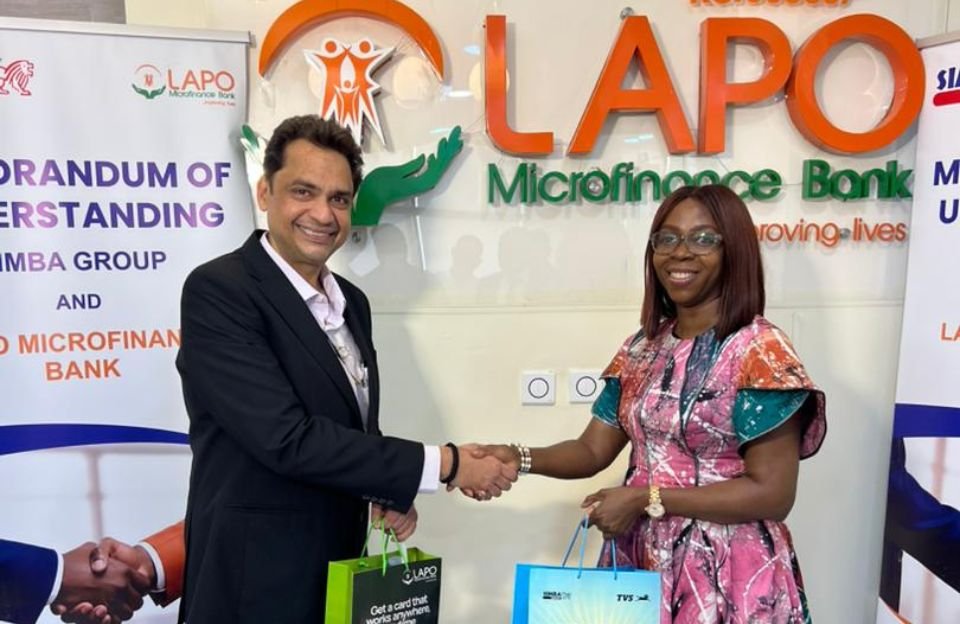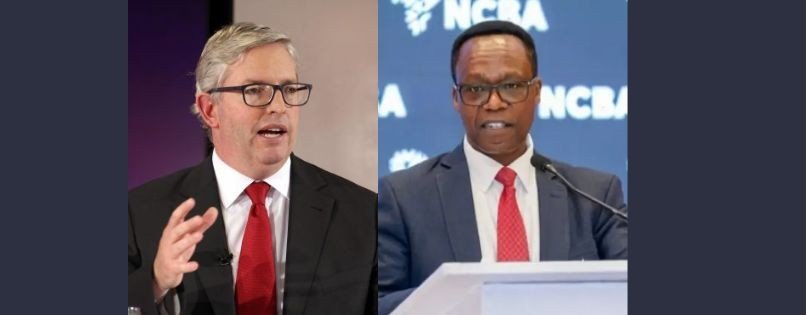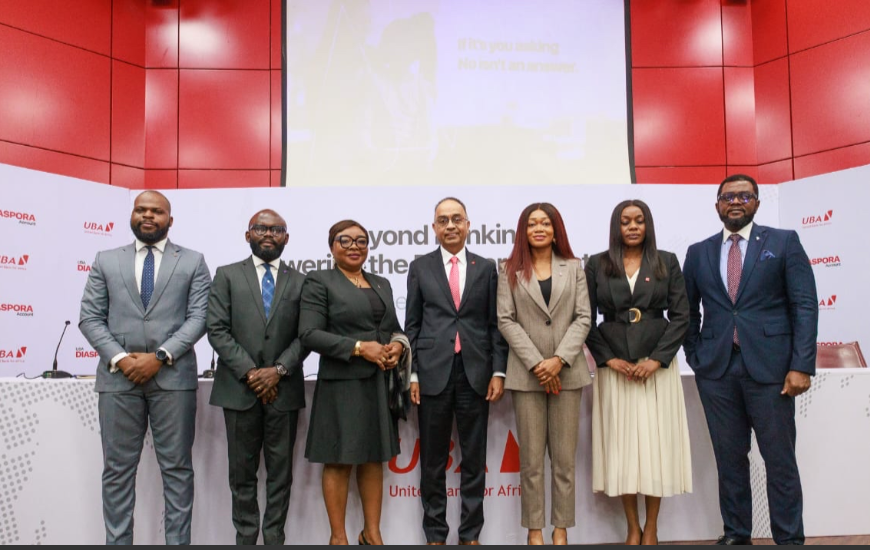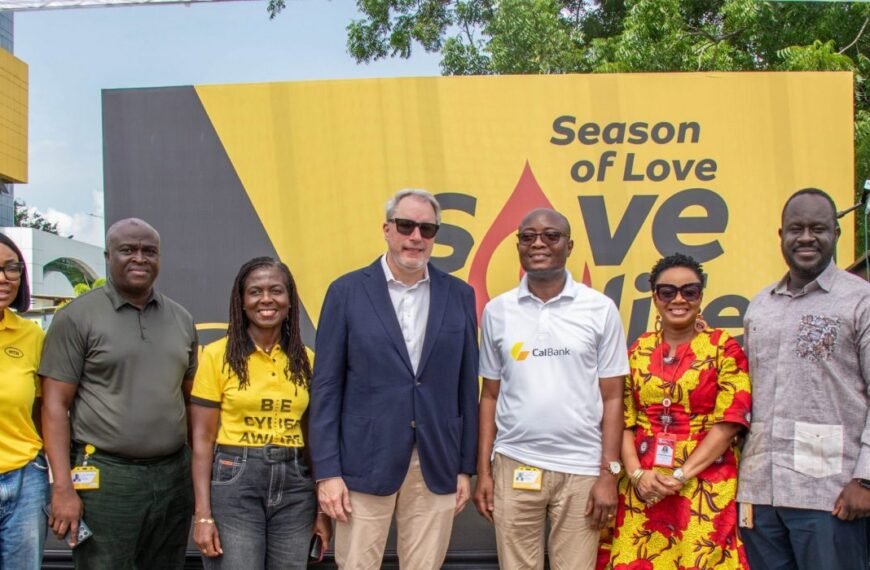
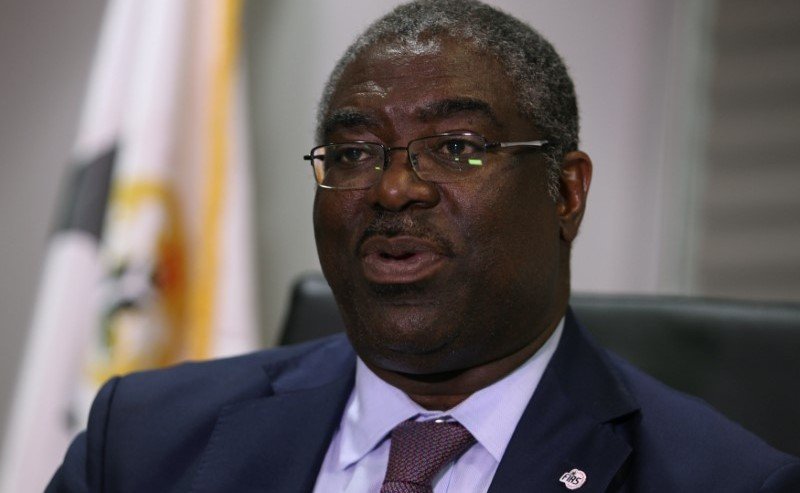
FIRS announced partnering NLRC on VAT automation to boost revenue
The Federal Inland Revenue Service (FIRS), has revealed that it is partnering the National Lottery Regulatory Commission (NLRC) on Value Added Tax (VAT) payment automation for the lottery and gaming sector to boost revenue generation.
FIRS Boss, Dr Babatunde Fowler, recently said that the agency would deploy technology to make tax payment all inclusive and transparent.
VAT is a consumption tax placed on products whenever a value is added at each stage of the supply chain, from production to the point of sale.
He noted that payment of VAT of 5% had been in Nigeria’s books for decades but was not properly implemented.
Speaking at the stakeholders’ engagement on VAT automation of the lottery and gaming sector organised by FIRS and NLRC in Lagos, Fowler said that payment of tax should be an inclusive thing.
In his words, “This is part of the move to make sure that everybody is accountable and everybody is inclusive.
“This is an inclusive government and it also means you should be inclusive when it comes to tax payment’’ .
He said that the agency was deploying technology not only in the gaming sector for tax collection but in taxable sectors of the economy such as aviation, manufacturing and hotels among others.
Fowler said that deployment of technology would make tax payment more convenient and transparent.
He lamented that the tax to revenue to the Gross Domestic Products ratio was still between six to seven per cent, among the lowest in the world.
On concerns that though the initiative would be huge on operators, Fowler said that the VAT payment would be paid by people who patronised lottery and gaming services.
“If somebody comes to bet N100, it becomes N105. I can assure you that it will not make them change their minds.
“We have some major operators now who have been paying this VAT on behalf of some of their agents already.
“But it is now time to make people understand that these laws have been in our books for over a decade, it is now time for them to give back to the society.
“I think based on the understanding we have with the stakeholders, we are on the right direction.
“The payment of tax will be more convenient, more transparent and more accountable to all Nigerians and of course that will empower especially the state governments who gets 85 per cent of the VAT to do more for you and I,’’ Fowler added.
He said that the automation would kick-off once all the stakeholders were in agreement.
“Coming up with the concept, we are not looking at any particular amount so it’s not budget based, it is convenient, transparent and accountable to all.
“It will start hopefully after this meeting and when we are all in agreement, then we start immediately,’’ he added.
Also speaking, Mr Lanre Gbajabiamila, the Director-General NLRC, said that it would remain committed to the development and growth of the sector.
Gbajabiamila said that it was partnering FIRS to engage stakeholders on VAT automation in the Nigerian lottery and gaming sector for inclusive growth.
He said that taxes were primarily employed by government to provide funding for essential services and social intervention programmes to ensure growth and development.
According to him, the importance of taxes cannot be over-emphasised in view of the country’s present economic challenges.
Gbajabiamila said that VAT was essentially a tax, payable by the consumer at each stage of supply chain of delivering a product or service.
“In the gaming industry, product or service is rendered to agents who come in direct contact with players and they often collect VAT from players resulting in revenue loses to the government,’’ he said.
The News Agency of Nigeria (NAN) also reported that the VAT automation platform was being put together by Zurich Technologies.
Gbajabiamila added that these lapses must be addressed hence the reason for the stakeholders meeting.
He stressed the need for an all-inclusive solution in tax payment for growth and development of the country.
Some of the stakeholders at the meeting, however, expressed concern on the need for a review of the law to avoid closure of lottery and gaming businesses.



